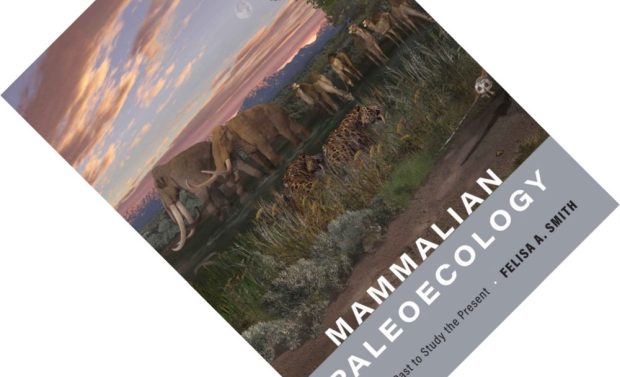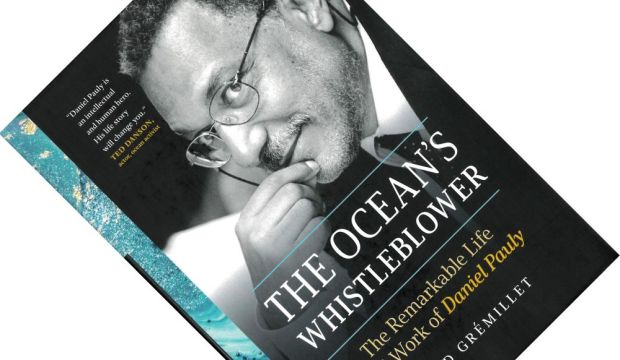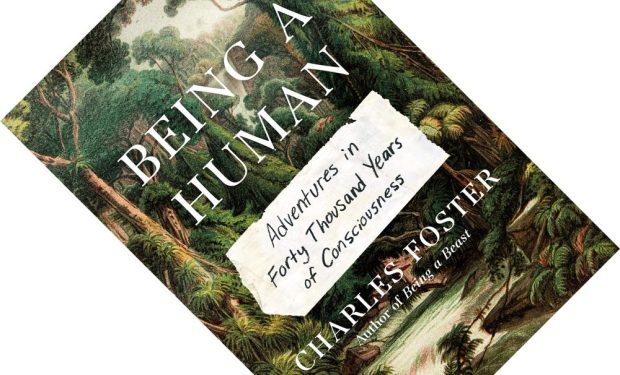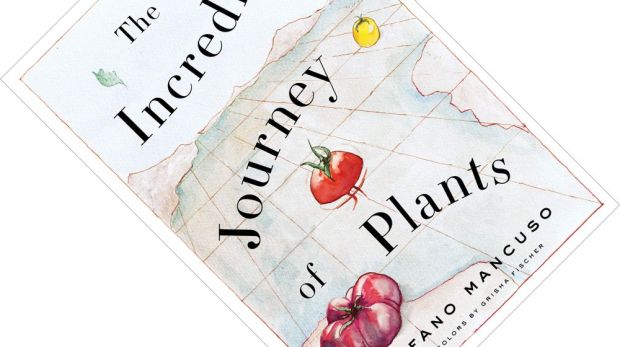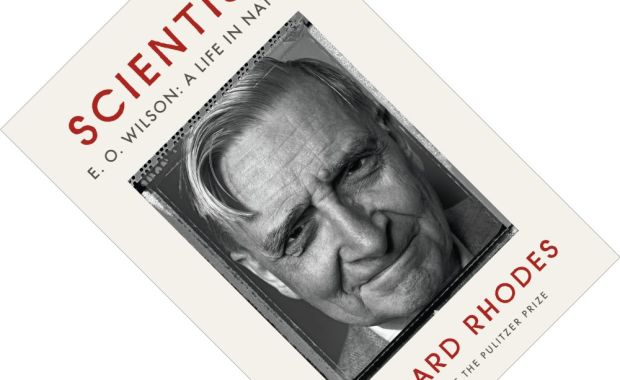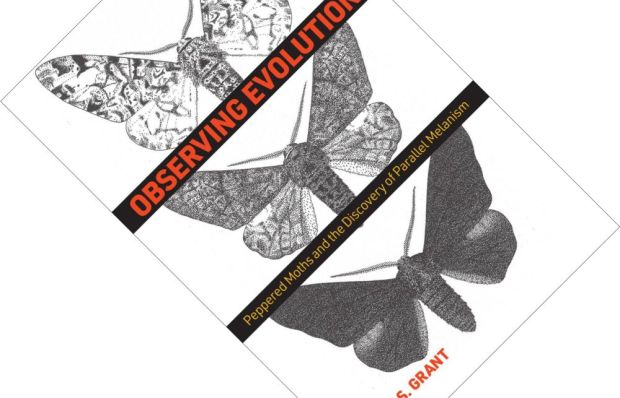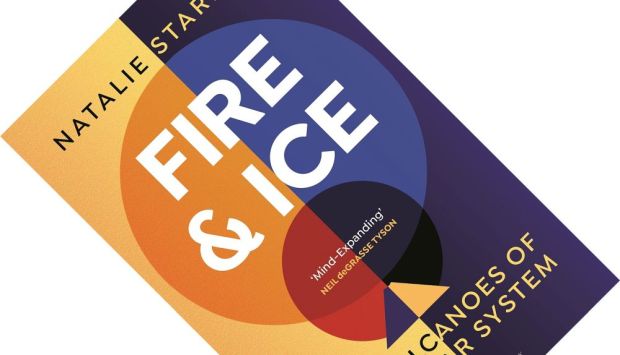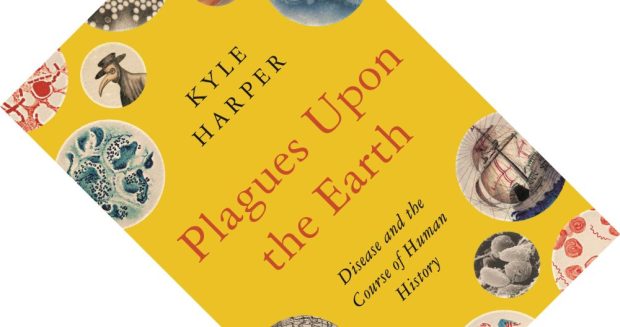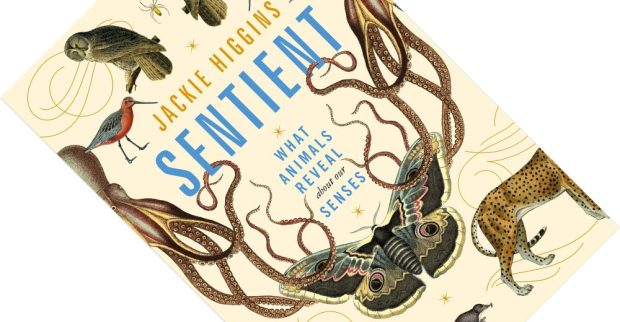7-minute read
keywords: paleontology
Scottish geologist Charles Lyell quipped that the present is the key to the past. To say that the reverse also holds is more than just circular reasoning. Felisa Smith, a professor in ecology and evolutionary biology, studies extinct mammals and applies this knowledge to the present. This book is a neatly crafted package that gives the reader all the required background knowledge, while its case studies make for fascinating reading. (Spoiler alert: packrat middens are my new favourite discovery.)

